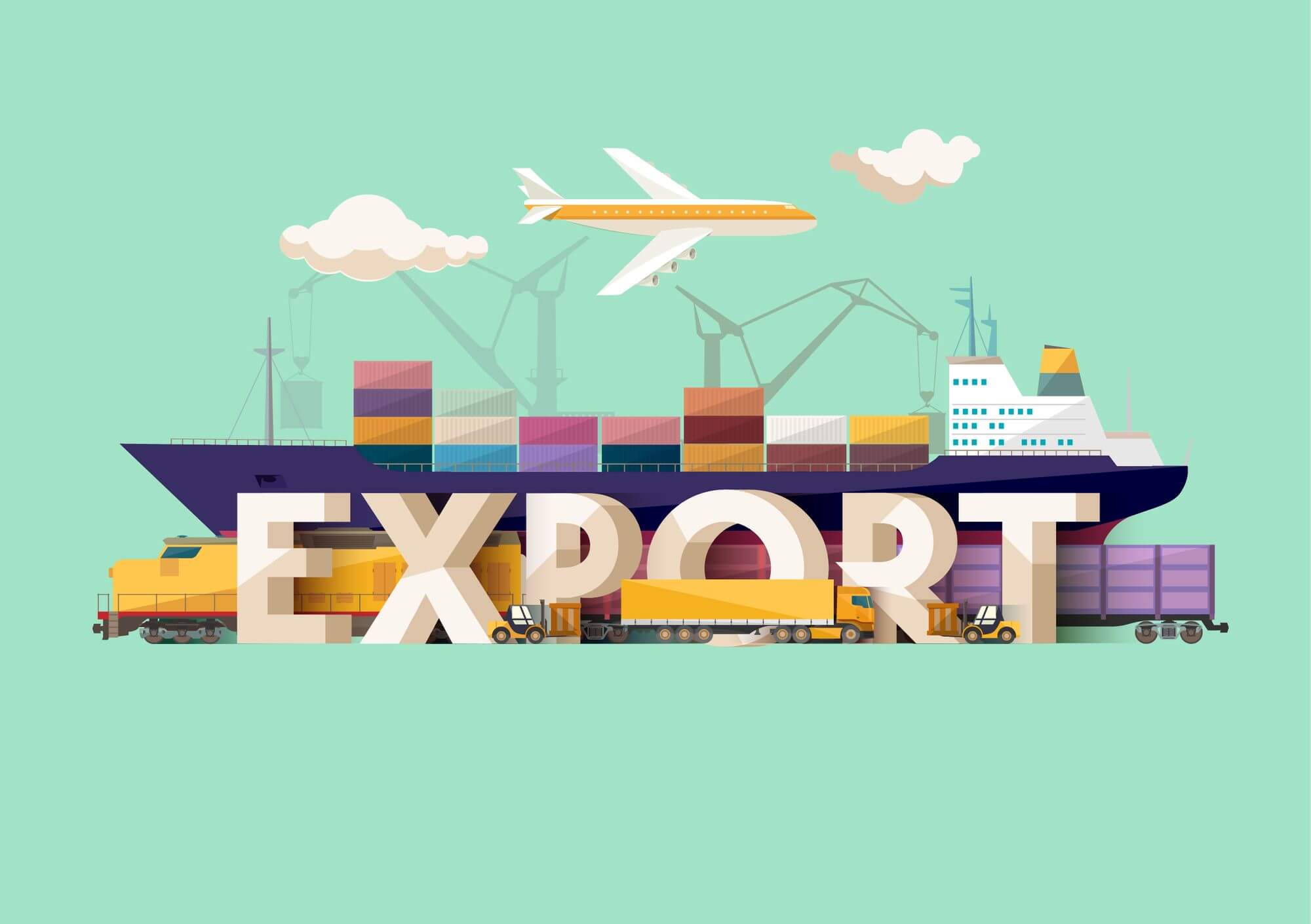Uttar Pradesh (UP) is set to unveil an ambitious new export policy for 2025-30, with a focus on boosting key sectors including textiles and apparel, aiming to significantly increase the state’s contribution to India’s overall export market. The policy aims to elevate UP’s export share from the current 5% to 7.5% by 2030.
Nand Gopal Gupta, UP’s Minister for Industrial Development and Export Promotion, emphasized the policy’s focus on key sectors, including the state’s robust textile and apparel industry. While UP exports a diverse range of products, including electrical machinery, agricultural goods, and precious stones, textiles, apparel, and footwear represent a significant portion of its export portfolio. The new policy is expected to provide targeted support to these industries, further enhancing their international competitiveness.
In FY24, UP’s exports reached approximately $20.67 billion, representing 4.71% of India’s total exports. Early figures for FY25 show a slight increase to 4.89%, highlighting the potential for growth. India’s total exports for FY24 were valued at $776.68 billion, underscoring the importance of export growth in addressing the nation’s trade deficit.
The new policy is expected to leverage UP’s existing strengths in textile production, including its renowned carpet industry and growing apparel manufacturing sector. By streamlining export processes and providing targeted incentives, the government aims to empower these industries to capture a larger share of the global market.
Infrastructure development is also a key component of the strategy. UP boasts the largest rail network in India and accounts for 38% of the country’s expressways. The upcoming Jewar International Airport, along with seven other airports under construction and four existing international airports (Lucknow, Kushinagar, Varanasi, and Ayodhya) and nine domestic airports, will significantly improve connectivity and reduce transportation costs for exporters, particularly crucial for time-sensitive textile shipments. The Minister highlighted the importance of Jewar Airport’s operationalization for direct shipping, saving time and costs for exporters.
Existing incentive schemes will continue to support exporters, including:
- Marketing Development Assistance Scheme: Reimbursements for stall charges, airfare, courier charges, and international certifications for participation in foreign trade fairs. This is particularly relevant for textile companies seeking to showcase their products internationally.
- Gateway Port Scheme: Reimbursements for freight charges for transporting goods to gateway ports, benefiting small and medium-sized textile exporters facing logistical challenges.
- Air Freight Rationalization Scheme: Reimbursements for air freight charges, making air shipments more competitive for high-value textile products.
The UP government’s commitment to “export- and investment-friendly policies” and improved logistics signals a strong push for export growth, with the textile sector poised to be a major beneficiary. The focus on infrastructure development, coupled with targeted incentives, is expected to create a conducive environment for textile businesses to expand their international reach and contribute significantly to UP’s economic growth and its ambitious goal of becoming a $1 trillion economy.

